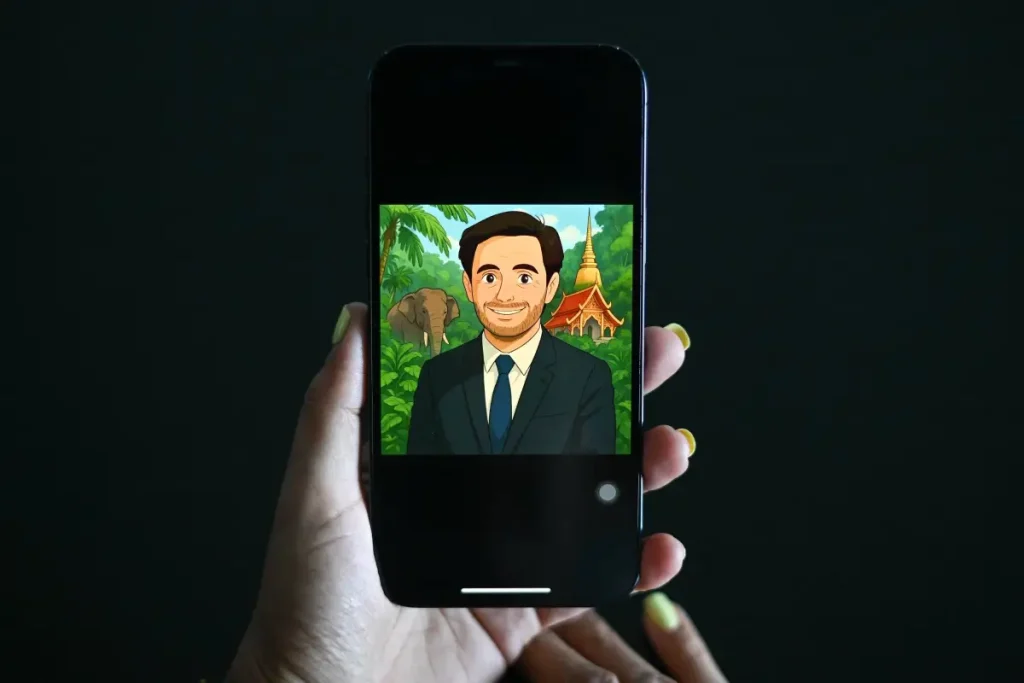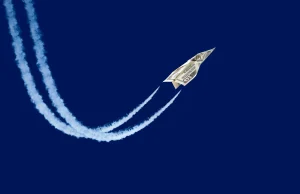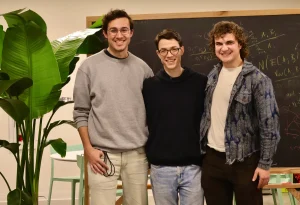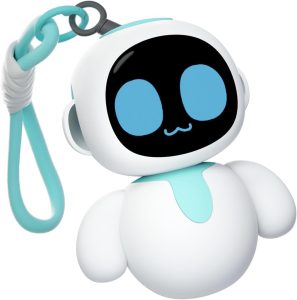Japanese Publishers Urge OpenAI to Cease Training on Their Creative Works

Image Credits:MANAN VATSYAYANA/AFP / Getty Images
Japanese Trade Organization Appeals to OpenAI Over Copyright Concerns
Last week, the Content Overseas Distribution Association (CODA), a Japanese trade organization representing major publishers including Studio Ghibli, wrote an open letter to OpenAI, demanding that the AI company cease using their copyrighted material for training AI models without explicit permission. This move highlights rising tensions between creative industries and AI technology firms over intellectual property rights.
Studio Ghibli’s Impact from AI Technologies
Studio Ghibli, known for its iconic films such as Spirited Away and My Neighbor Totoro, has experienced significant repercussions from the advent of OpenAI’s generative AI products. Since the launch of ChatGPT’s image generator in March 2025, a surge in social media trends has prompted users to request reimaginings of personal photos in Ghibli’s signature style. OpenAI’s CEO, Sam Altman, even joined in on the craze by changing his profile picture to a version inspired by Ghibli.
The Rise of AI Art and Animation
The recent rollout of OpenAI’s Sora app, which features advanced video generation capabilities, has further exacerbated concerns within the animation and publishing sectors. As accessibility to these technologies grows, CODA has officially asked OpenAI to refrain from utilizing its members’ content for AI training without obtaining prior consent. This reflects a broader apprehension regarding the unauthorized use of copyrighted material in AI learning processes.
OpenAI’s Controversial Approach to Copyright
Historically, OpenAI’s methodology has leaned towards “asking for forgiveness rather than permission.” This strategy has led to a landscape where users easily create unauthorized content, including depictions of copyrighted characters and well-known figures who are deceased. Institutions such as Nintendo and the estate of civil rights leader Dr. Martin Luther King Jr. have formally lodged complaints against similar practices. This controversy raises significant ethical and legal questions about the boundaries of AI training processes.
Legal Landscape on Copyright and AI
OpenAI’s compliance with these requests ultimately rests with the company itself. Should they ignore CODA’s plea, affected parties retain the right to initiate legal action. However, existing U.S. law offers ambiguity regarding whether using copyrighted material for AI training constitutes infringement. Recent deliberations have found little precedent to assist judges in interpreting outdated copyright laws—most notably modified last in 1976.
One landmark ruling in this ongoing debate occurred when U.S. District Judge William Alsup found that while Anthropic did not infringe copyright law by utilizing copyrighted books for AI training, the company faced penalties for pirating the material. This dual perspective illustrates the complexity surrounding the use of such content in AI development.
CODA’s Stand on AI and Copyright
Japan’s CODA asserts that even minimal replication of copyrighted works during the machine-learning stages can qualify as copyright infringement under Japanese law. Their letter emphasized that prior permission is typically mandatory for the use of any copyrighted work, stating, “there is no system allowing one to avoid liability for infringement through subsequent objections.” The organization’s firm stance underscores notable differences between copyright law in Japan and the United States, potentially complicating cross-border negotiations in the realm of AI.
Hayao Miyazaki’s Reaction to AI Art
Hayao Miyazaki, the legendary co-founder of Studio Ghibli, has remained largely silent on the proliferation of AI-generated interpretations of his art. Nevertheless, his earlier criticism of AI technologies reveals his apprehension. In 2016, when exposed to AI-generated 3D animations, Miyazaki expressed his disdain, stating, “I can’t watch this stuff and find it interesting. I feel strongly that this is an insult to life itself.” This powerful sentiment echoes the sentiments of many artists grappling with similar challenges today.
The Future of AI and Copyright
As the debate surrounding copyright infringement and AI continues to unfold, it is increasingly crucial for organizations, legal entities, and creators to strike a balanced approach. Ensuring that AI develops responsibly while respecting intellectual property rights will require sustained dialogue among stakeholders.
OpenAI’s future decisions may set a precedent that shapes the artistic landscape. If OpenAI chooses not to comply with CODA’s requests, the ensuing legal challenges could ripple across the creative industries, affecting the way AI models are trained and deployed.
Conclusion
The friction between AI technology firms and creative industries illustrates the need for an evolving understanding of copyright in the age of artificial intelligence. OpenAI’s response to CODA’s appeal will be closely observed as various parties grapple with the complexities surrounding copyright in the modern digital landscape. The challenge lies ahead: how to innovate responsibly while preserving the rights of creators.
This article aims to encapsulate the resources and viewpoints presented by both the Japanese trade organization and OpenAI, shining a light on an issue that will be pivotal in the dialogue regarding AI, creativity, and copyright in the years to come.
Thanks for reading. Please let us know your thoughts and ideas in the comment section down below.
Source link
#Studio #Ghibli #Japanese #publishers #OpenAI #stop #training #work





